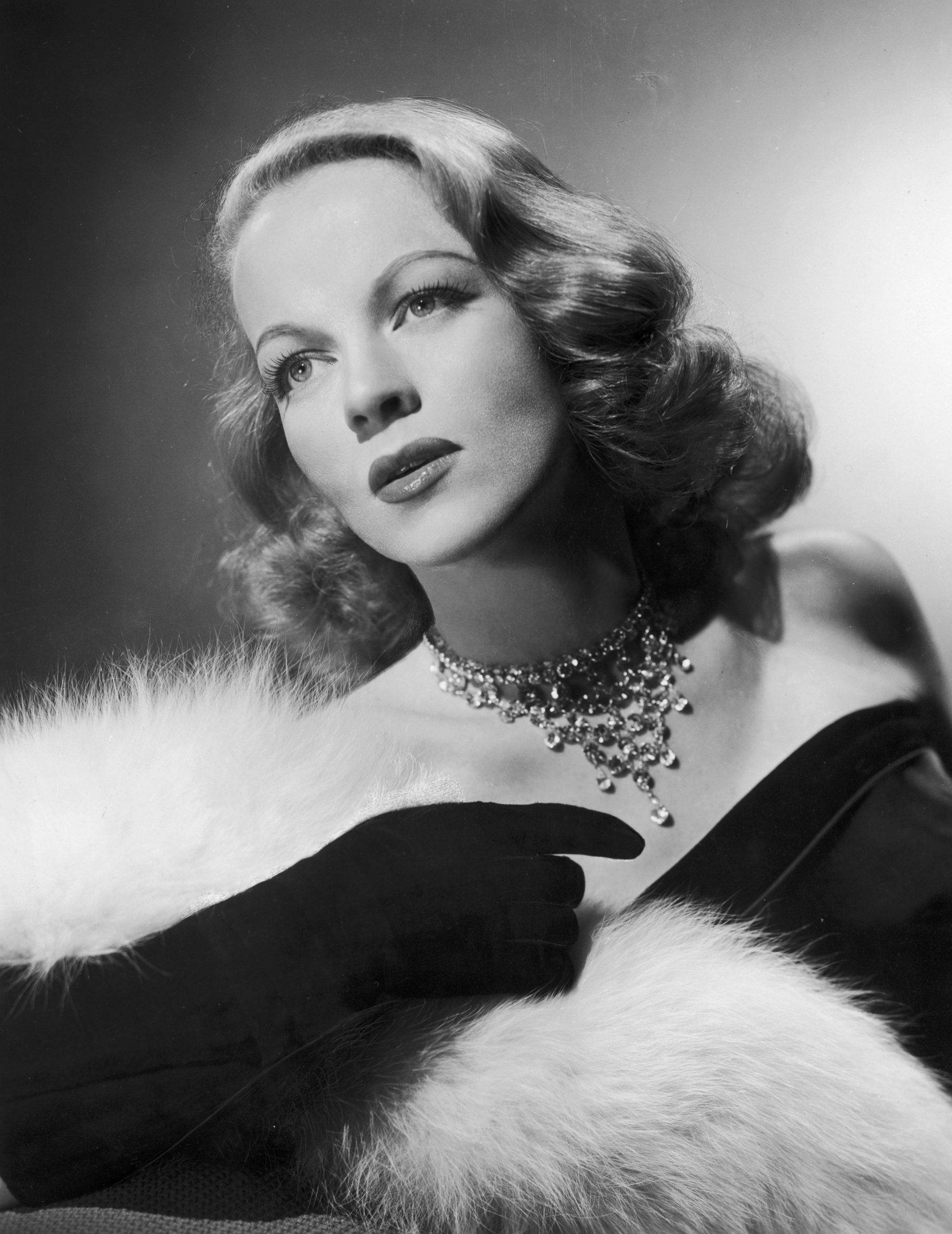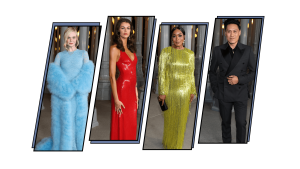
Maria Riva, Actress and Daughter of Marlene Dietrich, Dies at 100
Maria Riva, a two-time Emmy-nominated actor and the one and only daughter of Golden Age star Marlene Dietrich, has died at age 100. Riva died in her sleep of natural causes at her son Peter’s New Mexico home, he said in a statement to The Wrap.
“We will all miss Maria’s intelligence, advice and deep human understanding,” Peter’s remarks began. “The family finds comfort in knowing that she is now reunited with her husband William, with whom she shared 50 years of marriage, her eldest son Michael and her parents, Marlene and Rudi.” Riva died on Wednesday, October 29—less than two months shy of her 101st birthday on December 13.
Maria Riva with her parents—Marlene Dietrich and film producer Rudolf Sieber.Bettmann/Getty Images
Born Maria Elisabeth Sieber in 1924 Berlin, she was the only child to result from the marriage between assistant director and producer Rudolf Sieber and Marlene Dietrich (they were legally married until his death in 1976, despite her numerous infidelities).
At age 5, Dietrich took Riva to live in Los Angeles and she spent most of her childhood at Paramount Studios, as Marlene always wanted to keep her close and did not let her go to school (she was educated by governesses). As she grew up, Riva was able to temporarily leave her mother’s orbit to study at a boarding school in Switzerland, where she shared a room with actress Gene Tierney. And when she returned to the United States in summer, she used to spend her vacations with the Kennedys, and she formed a great friendship with Rosemary Kennedy.
Riva followed in her mother’s footsteps in the world of acting. At age 9, played the daughter of Dietrich’s character in Caprice Royale (1934), a film directed by Josef von Sternberg (who was also Dietrich’s lover) based on the life of Catherine the Great.
Marlene Dietrich and Maria Riva in 1945.Bettmann/Getty Images
As a teenager, Riva trained as an interpreter at Max Reinhardt’s academy, and in the mid-1940s, during the final phase of World War II, she returned to her native Germany to entertain the Allied troops. At that time, she was also engaged to British actor Richard Haydn, although she eventually married another performer, Dean Goodman, but the marriage was short-lived (it barely lasted a year). In the summer of 1947, while teaching acting classes at Fordham University, she met the love of her life, set designer William Riva, to whom she was married until his death in 1999 and with whom she had four sons.
Marlene Dietrich converses with William and Maria Riva in 1951.Keystone/Getty Images
Returning to her career as an actress, Riva found success on TV. In the early 1950s, she was hired by CBS and eventually appeared in more than 500 works broadcast by the network live from New York (in addition to films and series), for which she received two Emmy nominations.
She reached a status on the small screen that approached that of the legendary Lucille Ball, but before the end of the decade she retired from acting to give priority to her family and in the early 60s she moved to Switzerland (in the late 80s she fleetingly returned to the movies to play the wife of Robert Mitchum’s character in Ghosts Attack the Boss).
Maria Riva and Marlene Dietrich in 1951.University of Southern California/Getty Images
Riva then largely retreated from the spotlight, never quite escaping the shadow of her mother. (Her final major film role was as Mrs. Rhinelander in the 1988 Bill Murray Christmas comedy Scrooged.) But when Dietrich died in 1992, her daughter returned to the public eye at nearly 70 to write a fascinating, stark and at times devastating biography of her mother. Marlene Dietrich: A Life became a bestseller and critical success.
The picture Riva paints of Dietrich across 787 pages is not exactly flattering. Although she shows affection and compassion towards her mother, Riva also portrays the actress as manipulative, narcissistic, selfish and addicted to alcohol, drugs and being loved (not so much to sex despite the large number of lovers of different genders she had; in fact, she preferred men to be impotent, according to her daughter). And all documented from letters, telegrams and Dietrich’s own diaries.
The passages in which Riva narrates her own childhood and adolescence are perhaps the hardest: she tells how, in addition to not letting her go to school, Dietrich did not allow her to have friends to keep her under control; how she hid her age so as not to feel older herself, or how Dietrich openly reproached Riva for being responsible for ruining her breasts when she breast-fed her.
All this pales, however, in comparison to the book’s most sordid revelation: that when Riva was 15, one of her governesses raped her—something Riva kept from Dietrich. This led Riva herself to alcoholism, suicidal thoughts and a disastrous first marriage in an attempt to escape, she recounts. Her father doesn’t exactly fare well either: although they never divorced, her parents barely lived together and both were very aware and open about their respective infidelities. Sieber even had his mistress living under the same roof, Tami Matul, a Russian refugee who served as Maria’s cook, maid and nanny.
Maria Riva, captured in the later years of her life.ullstein bild/Getty Images
But Riva eventually made something approaching peace with her late mother—and singular Hollywood upbringing. “You can’t judge Dietrich on any normal scale in the world, if you try to understand her from a normal perspective, you’re never going to get to her,” Riva told ABC in 1993, during an interview to promote her book. “I don’t think my mother knew what love was and that was her tragedy.”
Originally published in Vanity Fair España
King Charles Strips His Brother Andrew of “Prince” Title and Royal Housing
If Lizzie Borden Didn’t Kill Her Wealthy Parents, Who Did?











